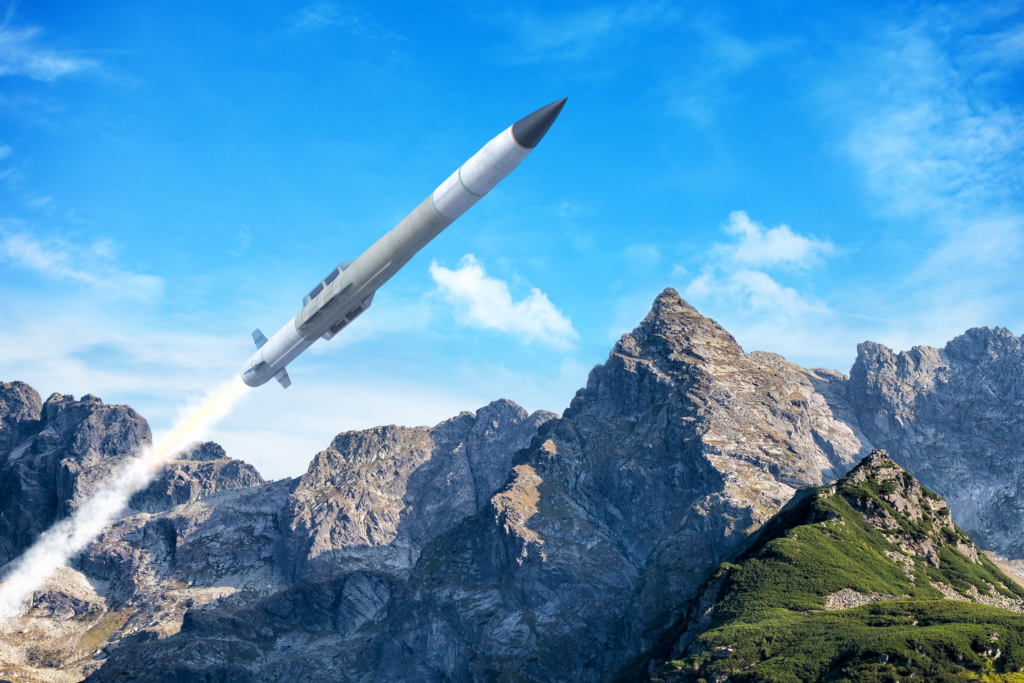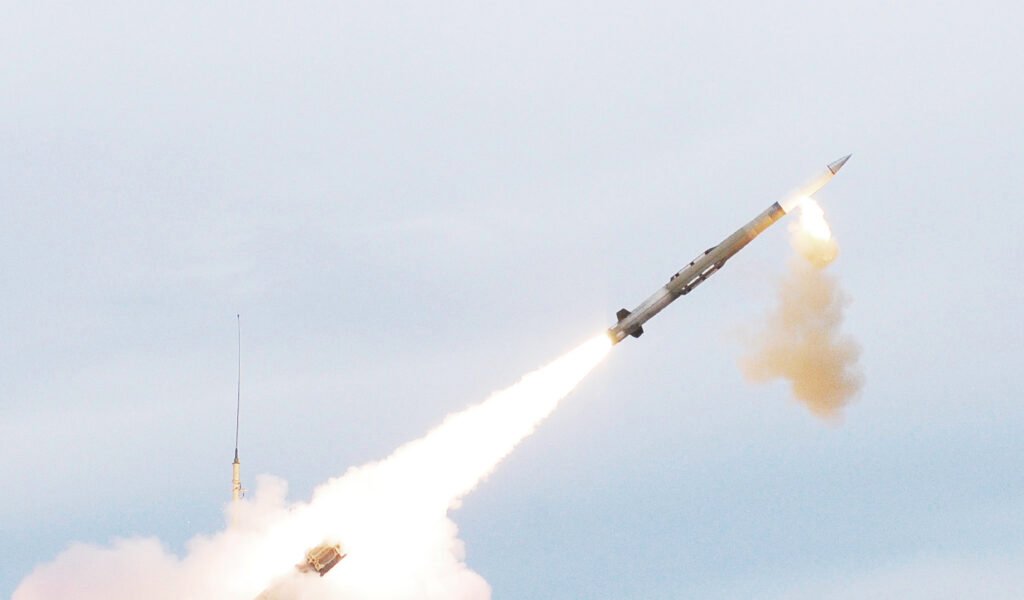U.S. and Switzerland sign agreement for PAC-3 MSE missiles
Bern, Switzerland, Oct. 31, 2023 – United States and Switzerland officials formalized an agreement for Switzerland to purchase Lockheed Martin’s (NYSE: LMT) Patriot Advanced Capability-3 (PAC-3) Missile Segment Enhancement (MSE) missiles and related support equipment.…

